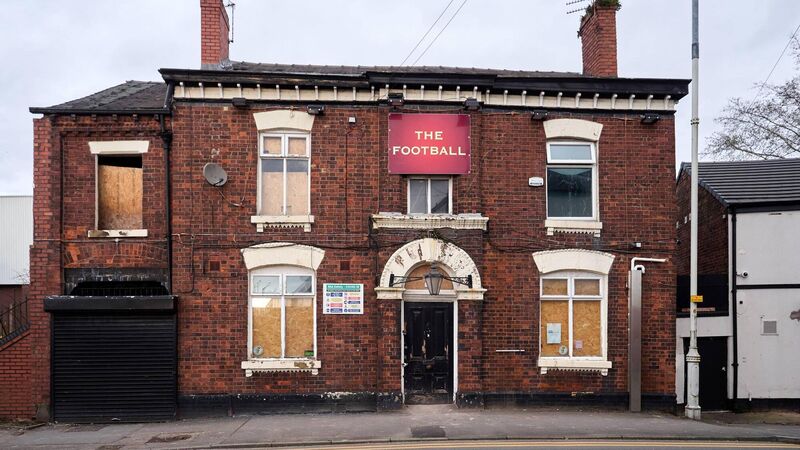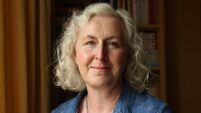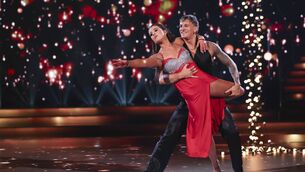Karl Whitney: Hitting ‘no changes’ when, in truth, almost everything has changed

Vacant pub in Swinton, ‘The Football’, with boarded windows on a quiet street; one of the decaying estate pubs that dot suburban Manchester.
Recently I was rereading something I had written quite a long time ago — perhaps 14 years or more.
The aim was merely to check it for any spelling errors or other typographical misprints, as the piece had been published in a couple of forms in the past and was about to be published again.
BOOKS & MORE
Check out our Books Hub where you will find the latest news, reviews, features, opinions and analysis on all things books from the Irish Examiner's team of specialist writers, columnists and contributors.







